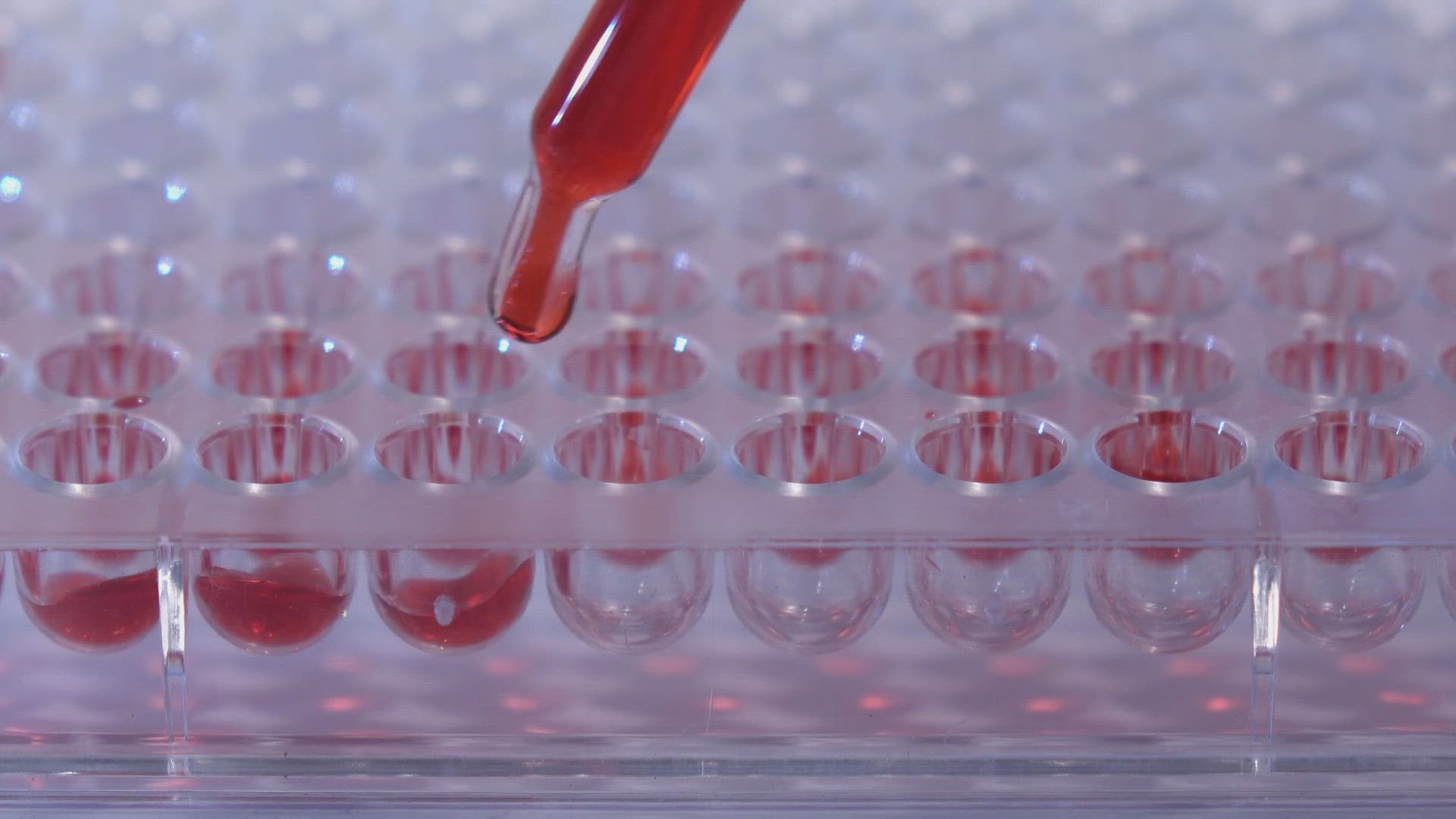YORK, Pa. — A new study suggests a first-of-its-kind blood test is a game changer when it comes to screening for colon cancer. FOX43 talked to a local expert to find out if it works.
Colorectal cancer is the second-leading cause of cancer deaths in the United States.
"We know that there are certainly environmental factors that play a role, things like tobacco use, certain types of diets that patients follow, but we're also learning more and more about different genetic variables that influenced the prevalence of colon cancer that we're seeing," said Dr. Frank Senatore with WellSpan health.
The colorectal surgeon says what we don't know is why more than 75% of those who die from the illness were not up-to-date with recommended screenings, such as a colonoscopy.
"Early detection can prevent up to 90% of colon-cancer-related deaths, and that's a startling number," said Dr. Senatore.
Dr. Senatore says much of that is due the stigma around colonoscopies. That's why he says a new blood test could help change that number.
A new study published in the New England Journal of Medicine shows the Shield blood test can accurately detect five out of six cases of colorectal cancer.
"It isn't widely adopted at this point, but this blood test essentially can detect DNA related to colon cancer in the blood," Dr. Senatore said.
However, he says it's important to know the blood test is not meant to be used interchangeably with colonoscopies--mostly because it doesn't detect polyps as well.
"Colonoscopies ranged somewhere between 75% to 93% effective detecting these precancerous polyps. In the study out of the New England Journal of Medicine, looking at this new blood test, it was only 13% percent effective at finding the polyps," Dr. Senatore said.
Still, he says any test is better than nothing.
Experts say by the year 2030, colorectal cancer could be the deadliest cancer in people ages 20 through 49.
"We always say the best screening test is the test that you actually get performed," said Dr. Senatore. "An ounce of prevention is worth a pound of cure, so get a screening test and talk to your doctor if you have any questions."
For a look at the full report, click here.

